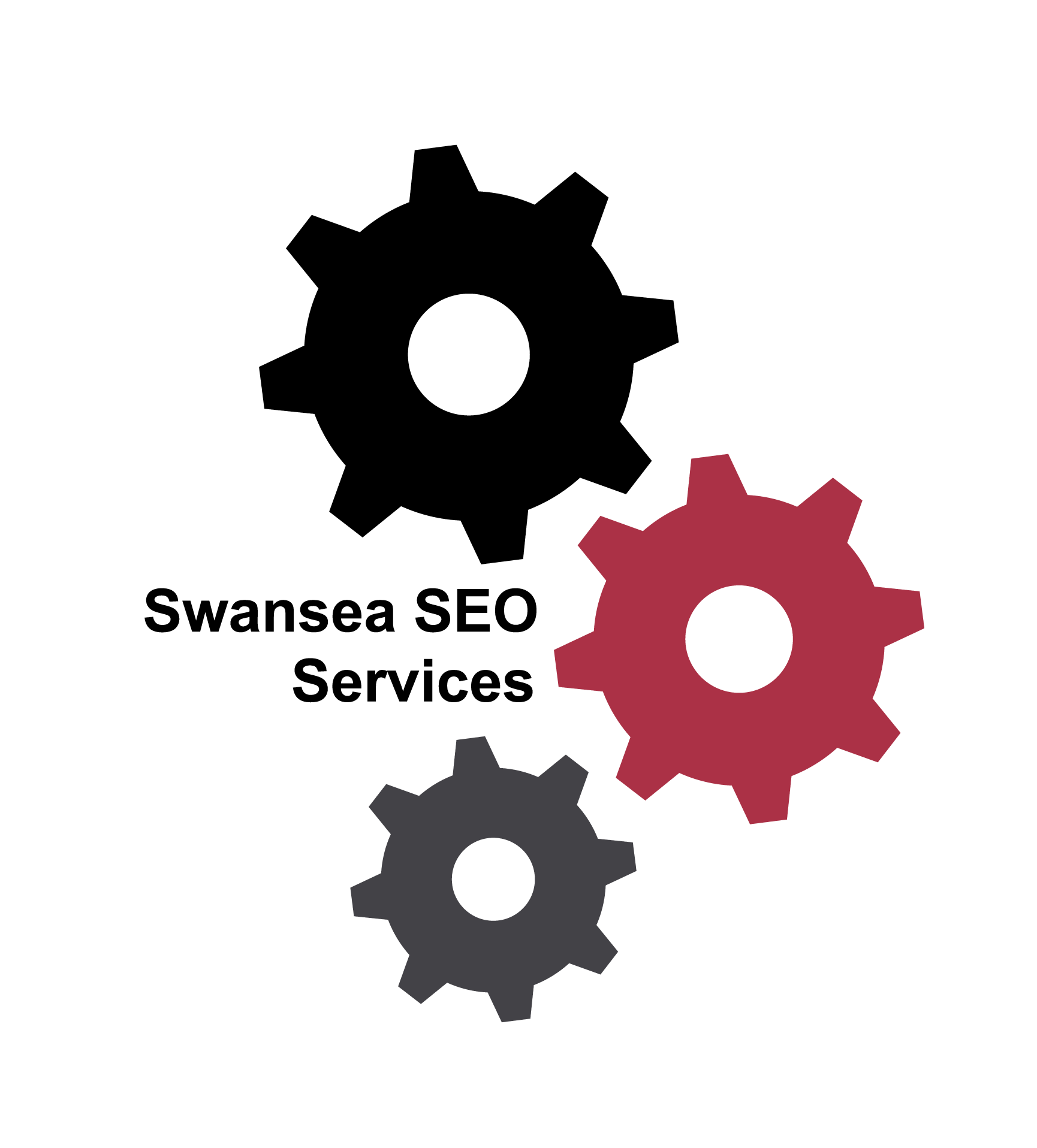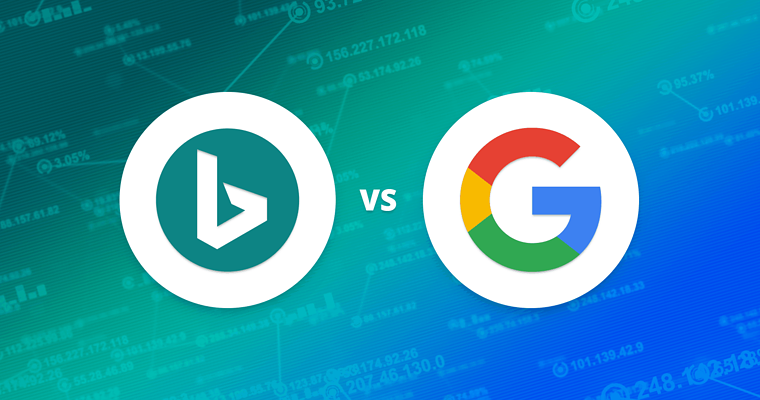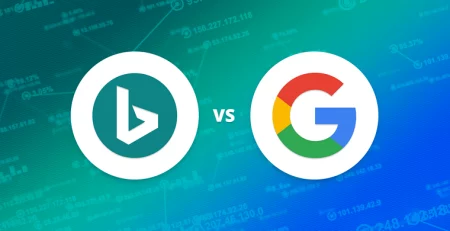TL;DR:
- Ecommerce is online trading facilitated by different models like B2C, B2B, C2C, and C2B, while internet marketing involves strategies that guide web users to online stores.
- Ecommerce and internet marketing coexist, shaping the digital market panorama, each integral to the other's success.
- Ecommerce models influence marketing strategies. B2C focuses on branding and emotional connections, B2B on proving value, C2C relies on reviews to boost transactions, and C2B is individuals marketing skills to businesses.
- Ecommerce benefits businesses by enhancing customer outreach, breaking barriers in global markets, and increasing revenue.
- Successful ecommerce marketing strategies include SEO, content marketing, social media, email marketing, and influencer marketing.
- Ecommerce marketing platforms like Shopify, WooCommerce, and BigCommerce help businesses thrive in the digital market.
- Must-have roles in an ecommerce marketing team include an Ecommerce Marketing Manager, SEO Specialist, Content Marketer, Social Media Marketer, and Email Marketer.
- Internet marketing tactics for ecommerce businesses involve having a solid marketing plan and utilizing strategies like SEO, email marketing, and quality content.
- Obtaining a digital marketing certification and comprehensive ecommerce training adds value and credibility to ecommerce marketers. Resources like Google's Digital Garage and HubSpot's Academy offer these free of charge.
- An ecommerce marketing strategy template involves setting goals, understanding the target audience, and defining marketing strategies and tactics using appropriate channels like email marketing, SEO, and social media.
Peek behind the marketing curtain and find out, "Is Ecommerce and Internet Marketing the same?" The answer might surprise you! If you're baffled by the blur of internet jargon, this is your wake-up call. We're dissecting ecommerce vs internet marketing into digestible chunks. Ignite your business with strategic insights right here. Let's debunk the mysteries and reclaim your online power. Stay with us to unravel the marketing enigma and power up your ecommerce game. No tech talk, just straight-up answers. Your digital success starts now.
What's the Difference Between Ecommerce and Internet Marketing?
The term "ecommerce" represents the act of buying or selling products or services on the web. It’s often linked with platforms like Shopify, WooCommerce, or Wix. Go check out this useful blog to get the sense.
What is Ecommerce?
In brief, ecommerce has to do with online shopping. It's facilitated by different models like B2C, B2B, C2C, and C2B using ecommerce platforms. It's a booming field, thanks to the ease of the internet.
What is Internet Marketing?
To put it simply, internet marketing is about actions that guide web surfers to online stores. It's about creating awareness, driving traffic, and successfully converting visitors into customers. This involves strategies like SEO, email marketing, social media, and more.
How Do Ecommerce and Internet Marketing Coexist?
Ecommerce and internet marketing are different, yet bridged together – like two sides of a coin. Without marketing, your ecommerce store might stay unseen. Without ecommerce, your marketing might lack focus. Understanding their roles in digital trade is key.
What are the key takeaways? Ecommerce makes online trade possible. Internet marketing makes ecommerce visible. Together, they shape the digital market panorama.
What are the Types of Ecommerce Business Models?
Let's dive into the ocean of ecommerce! It's vast, teeming with different types of ecommerce business models that you might have interacted with in daily life. Here's a glance at four common variants:
What are the 4 Common Ecommerce Models?
-
Business to Consumer (B2C): This is quite likely the model you're most familiar with. It's when a business sells goods or services directly to personal users or consumers. Think Amazon or Zara!
-
Business to Business (B2B): This is when one business sells goods or services to another. If you've ever ordered office supplies in bulk for your company, you've participated in B2B ecommerce.
-
Consumer to Consumer (C2C): Remember when you sold that old bike on eBay? That's a C2C model in action! Consumers directly buy and sell from and to each other in this model.
- Consumer to Business (C2B): This may seem strange, but it's where consumers offer goods or services to businesses. A common example: freelancing platforms where individuals provide their skills directly to companies.
Each of these models, dear reader, shapes the character of an ecommerce venture and its marketing strategies.
How Do Different Business Models Affect Ecommerce Marketing Strategies?
Good question! Here's how:
-
With B2C models, marketing often revolves around creating desire in the consumer. Retailers focus on branding and connecting emotionally with individual consumers.
-
In B2B, marketing is about proving value to a company – that your product or service will augment their efficiency or profits.
-
C2C marketing is mostly enabling. Platforms like eBay harness the power of user reviews and ratings to instil trust and promote transactions.
- And for C2B, individuals market their talents and skills to businesses with needs that match. It's akin to job hunting.
Different strokes for different folks, eh? Now you know that ecommerce and ecommerce marketing are richer and more varied than they seem on the surface! So next time you participate in a B2C or B2B transaction or place a bid on a C2C platform, appreciate the clever marketing that brought you there. Keep learning, keep exploring!
What Benefits Does Ecommerce have for Businesses?
We live in a digital world. As a result, ecommerce has become a vital part of businesses today. It's not just a trend; it's a game-changer.
How Can Ecommerce Elevate a Business' Customer Outreach?
One significant benefit of ecommerce is enhanced customer outreach. Unlike conventional businesses, online stores have no geographical limits. You can sell goods anytime, anywhere, thus reaching a broader audience.
What Role Does Ecommerce Play in Global Markets?
In global markets, ecommerce has become pivotal. By breaking down entry barriers, ecommerce enables businesses to enter new markets, foster global trade, and expand worldwide.
How Can Ecommerce Increase Revenue Streams?
Increased revenue is another key perk of ecommerce. With 24/7 access, businesses gain more opportunities to make sales, boost conversions, and increase income.
Just as Hubspot states, ecommerce isn’t just about boosting sales. It’s about boosting business potential. It's about meeting customers where they are already spending their time – online.
Ecommerce, in a sense, opens up the world for you and your business. It knows no bounds. And, guess what? It's just the beginning. There's a lot more ecommerce can do. It's high time that we appreciate its role in shaping business success and consider its impact on companies in all sectors. From customer outreach to global trade to revenue generation, ecommerce is a real game-changer in modern business operations.
What are Some Successful Ecommerce Marketing Strategies?
Now, you might wonder, "What strategies help thrive an ecommerce venture?" Well, a multitude of strategies prove successful in ecommerce marketing. Do you know the best part? You can tailor these to best fir your business goals. Let's look at few, shall we?
First, Search Engine Optimization (SEO) sits high on the list. You want to be seen when customers search for your product, don't you? SEO gets your online store to show in search engine results. Voilà, you're reaching more potential customers.
Next on the list, content marketing. It might seem tedious, but trust me, it matters. A value-packed blog not only draws traffic, but also keeps them coming back. It builds a bond with your audience. All while showcasing that you, yes you, are the expert in your field.
Then, we have social media marketing. This lets you interact with the customers where they hang out—on social media. You can share content, respond to queries, even deal with complaints. In this way, you build a strong relationship and convey that there's a human behind the business.
But, there's more. Ever heard of email marketing? This good old strategy still holds an edge. A well crafted email can build customer loyalty better than many platforms. It forges a direct bond with your reader, making them feel special. Moreover, it's an inexpensive way to showcase new products and offers.
You can cap this off with influencer marketing. Get the right influencer and they can sway their followers your way. It's all about leveraging their popularity to your gain.
How Can Ecommerce Businesses Utilize Internet Marketing for Success?
Now let's circle back to internet marketing. Sounds different from ecommerce marketing, but they are distant cousins. They function together to lead the user into making a purchase. Internet marketing promotes your brand online, far and wide. This includes everything from social networks to email newsletters.
What Key Strategies Should Beginner Ecommerce Marketers Implement?
For a beginner ecommerce marketer, it's ok to feel overwhelmed. The online world can be a labyrinth. But remember, "Rome wasn't built in a day”. Start small. And gradually increase your marketing efforts.
First, you'll want to do an audience analysis. Find out who those customers are. What do they like? Where do they hang out online?
Next, make use of SEO. As discussed, it plays an important role in appearing in search engine results.
Then, spend time creating compelling content. Be it blogs, emails, or any other form. Your aim is to engage the audience and steer them towards your product.
Lastly, measure the outcomes of your efforts. You wouldn't want to keep shooting in the dark. Check what's working and what isn't. And then, adjust your strategy accordingly.
To wrap up, ecommerce and internet marketing strategies are key for any online business. From SEO to content marketing, they use a combination of tactics. But at the end of the day, it's all about understanding your audience. The right strategy will then guide them to choose your product. Happy marketing!
How Do Ecommerce Marketing Platforms Boost Businesses?
Let's dive into the world of ecommerce marketing platforms. Picture it like a toolkit, packed with tools to help make your online store thrive.
What are the Best Platforms for Ecommerce Marketing?
You might ask, "what are these tools?" Well, they've got names like Shopify, WooCommerce, BigCommerce, Magento, Wix, and Squarespace. There are wheels turning behind the scenes in these platforms, guiding users straight down the path to your virtual checkout.
Why does this matter to you? With ecommerce marketing, you're doing more than hosting a virtual garage sale. You're creating awareness around your brand, driving consumer traffic, and converting casual browsers into loyal customers. Pretty sweet gig, right?
When Should Businesses Consider a Full-service Ecommerce Agency?
Not ready to go it alone? Consider hiring a full-service ecommerce agency when you need a full crew to sail the ship. They'll cover everything from defining your mission to navigating the seas of competition. And they won't stop there. They'll map out your marketing strategies, build up your technology stack, and help you pick the right channels for your message.
Partnering with an agency means gaining a fleet of experts skilled in SEO, content marketing, social media, customer support, and more. They're like the pit crew of your ecommerce race car, fine-tuning your performance in every area, so you can speed towards victory. Do note to always choose a dependable and expert-led ecommerce agency for a skyrocketing success in your online business.
What are the Various Roles in Ecommerce Marketing?
In the ecommerce marketing field, each team member plays a crucial role. Let's take a closer look.
What are the Key Roles in an Ecommerce Marketing Team?
Every ecommerce marketing team needs a variety of skill sets to succeed. Key roles often include:
- Ecommerce Marketing Manager: Leading the team, creating and overseeing various campaigns.
- SEO Specialist: Making sure the web content ranks high on search engines.
- Content Marketer: Crafting engaging content to attract potential customers.
- Social Media Marketer: Promoting the brand on various social media platforms.
- Email Marketer: Planning and sending emails to engage with customers.
What Skills and Requirements are Necessary for Ecommerce Marketing Jobs?
Working in ecommerce is exciting but requires some specific skills. Here are few must-haves:
- Understanding of SEO: To increase website visibility and drive organic traffic.
- Proficiency in analytics tools: To track, measure and analyze performance.
- Experience with ecommerce platforms: Understanding how different platforms function like Shopify or WooCommerce.
- Content creation and copywriting skills: To engage and inspire potential customers.
- Knowledge in email marketing: To communicate effectively with customers and prospects.
Remember, each ecommerce marketing job has its own unique requirements. It's more about the combination of skills you possess than about excelling in just one area. Working together, these roles create a strong ecommerce marketing team. Keep on learning and growing to meet the challenges and reap the rewards!
How Can Businesses Effectively Implement Internet Marketing Tactics for Ecommerce?
As an expert in internet marketing tactics for ecommerce, I can tell you that the first, crucial step is to have a solid plan. Without one, it's like sailing without a compass. You'll be lost and, let's face it, that's not good for sales.
What Key Internet Marketing Tactics aid the Success of Ecommerce?
SEO, email marketing, and content creation, to name a few, play vital roles. Each tool has its function. For instance, SEO takes care of visibility in search engines, email marketing helps retain customers through newsletters or promotion alerts, and in terms of content creation ─whether it's blog posts or product descriptions─ quality is crucial.
Why is obtaining a Digital Marketing Certification Vital for Ecommerce Marketers?
Does the term digital marketing certification ring a bell? If not, it should! Just like Google values sites that are SEO-optimized, employers value marketers who are certified. It shows your expertise, dedication, and professionalism. It's proof you understand the digital landscape. You're not just wandering. You're moving with intent.
What Resources offer Comprehensive Training in Ecommerce Marketing?
Many top-tier platforms offer free digital marketing courses. Resources like Google's Digital Garage or HubSpot's Academy are great starters. They provide comprehensive ecommerce marketing training free of charge. At the end of the day, gaining new skills won't cost you a dime, but the benefits you'll reap are priceless. How's that for a return on investment?
In an ever-evolving digital landscape, staying updated on the latest marketing tactics is essential. So, roll up your sleeves and dive into the exciting world of internet marketing! You'll find that the deeper you go, the more there is to discover. But armed with the right knowledge, you're sure to navigate your way to success.
What does an Ecommerce Marketing Strategy Template Look Like?
Let's demystify ecommerce marketing strategies. We'll see what a typical template looks like and cover key factors involved in its creation.
How to Create an Ecommerce Marketing Strategy?
Making an ecommerce marketing strategy starts with defining your aims. Do you need more website traffic? More conversions? Once you define your goals, you need to learn about your target audience. Knowing their needs, wants, and pain points is essential. Finally, with your goals and audience in mind, you can establish the strategies and tactics you'll use.
What Marketing Channels are Most Effective for Ecommerce?
There are many effective marketing channels for ecommerce. Email marketing, for instance, is a powerful tool for nurturing leads and boosting conversions. SEO can help you rank higher in search engine results, driving more organic traffic to your site. Social media marketing can improve brand awareness and engagement. The key is to choose the channels that best align with your goals and audience.
How are Different Channels Utilised in an Ecommerce Marketing Strategy?
Channels are utilised based on their benefits and fit for your target audience. Email marketing can be great for sending personalised content and promotional offers. SEO tactics include keyword research and on-page optimisation. Meanwhile, social media marketing could involve sharing user-generated content, running contests, posting regular updates, and even paid advertising. Every channel has unique advantages, but they should all work cohesively within your holistic ecommerce strategy.
Conclusion
To sum it up, ecommerce and internet marketing work hand in hand. Knowing your ecommerce business model and using effective strategies can boost your business. Never undervalue the importance of using efficient ecommerce platforms and having a skilled marketing team. Utilize internet marketing tactics that work for ecommerce and never stop learning new trends. Get your hands on a solid marketing strategy template that fits seamlessly into your business. Enjoy the fruitful results!











